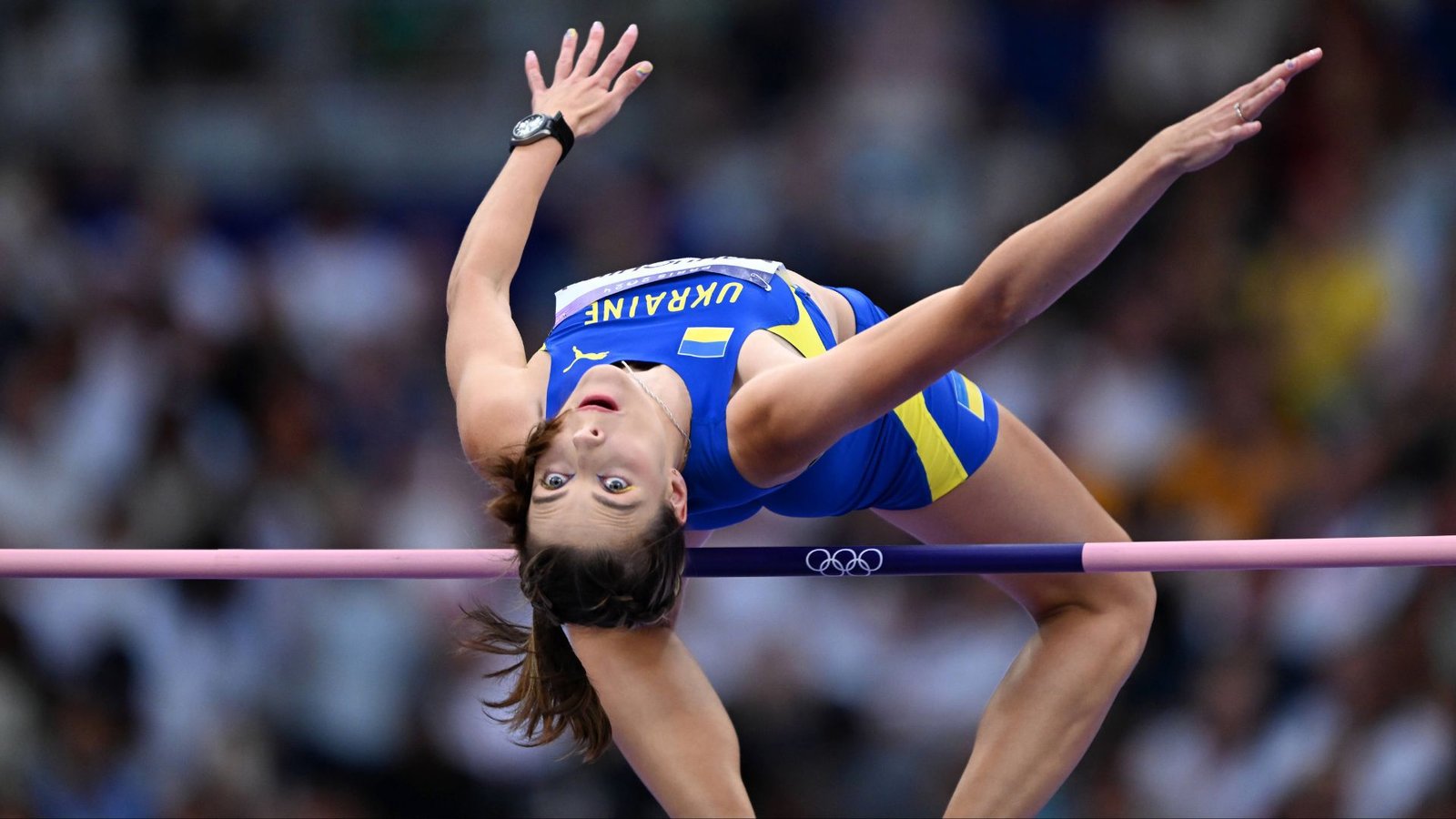War has a way of rewriting lives and for Ukrainian high jumper Yaroslava Mahuchikh it carved a path from the terrifying echoes of conflict to the pinnacle of Olympic glory.
As the flames of war engulfed her homeland Mahuchikh transformed her trials into a testimony of resilience and triumph at the Paris Olympics.
A 17-year-old from Algeria made history by winning Africa's first Olympic gymnastics gold in the women's uneven bars final.
Born and raised in Dnipro, a city shadowed by the brutality of the ongoing conflict between Ukraine and Russia, Mahuchikh’s journey is not just about athletic prowess but survival.
The day the war escalated, she faced a stark reality and with her city under threat she made a harrowing decision to flee packing her life into a car under the sounds of gunfire and distant explosions.
The road out was fraught with danger a vivid reminder of the war’s proximity and its indiscriminate nature.
American Noah Lyles won a close 100m final to claim his first Olympics title after Jamaican Kishane Thompson nearly spoilt his party as African runners missed out on the podium.
The displacement led her across Europe seeking refuge and a place to continue her training.
From Portugal to Poland, Germany to Belgium, and Estonia, Mahuchikh became an athlete without a home, yet her spirit remained anchored to her country.
Each jump, each competition served as a platform not just for personal achievement but as a statement of defiance and national pride.
At the Paris Olympics, Mahuchikh’s performance was a soaring testament to her resilience.
On a sunny Sunday at Stade de France she not only competed but excelled claiming her first individual Olympic gold by clearing 2.00 meters in the high jump.
The victory was not just a personal milestone but a historic moment for Ukraine marking its first individual gold at these Games.
The image of Mahuchikh and her teammate, Iryna Gerashchenko—who won the bronze—running down the track waving the Ukrainian flags, was poignant.
Ferdinand Omanyala finished second last on 10.08 seconds, with Jamaica's Kishane Thompson easily winning the third semi-final on 9.80 seconds.
It was a powerful display of solidarity and a moment of unbridled joy amidst the backdrop of their ongoing struggles.
The crowd’s standing ovation was not just for their athletic achievements but for their courage and resilience.
Gerashchenko and Mahuchikh’s embrace, wrapped in the blue and yellow of their flag, symbolized more than victory.
It was a moment of shared history and hope a reminder that even in the darkest times, there can be light.
Zablon Ekwam was eliminated from the Paris Olympics after injuring his hamstring during the qualifying heats.
As Mahuchikh stood on the podium, her anthem playing, the weight of her journey and what she represented was palpable.
Each note resonated not just in the stadium but back home in Ukraine, offering a brief respite and a spark of joy amidst the turmoil.
Reflecting on her journey, Mahuchikh has been a vocal advocate for her people.
«I should show that we’ll be fighting, and now I’m competing for my people in Ukraine. Because sports gives warm memories and happiness,» she said before the competition.
Jamaican legend Shelly-Ann Fraser-Pryce’s expensive watch drew the attention of fans at the Paris Olympics even as she pulled out of the 100m race over unspecified reasons.
Since fleeing her home Mahuchikh has not only rebuilt her life but reshaped her identity.
Each competition is a step toward not just medals but healing, bringing back warm memories and happiness through her soaring jumps.
Her gold medal at Paris is a beacon of hope for many symbolizing the enduring spirit of a nation and the unyielding courage of its people.
Follow us onfor more updates.




